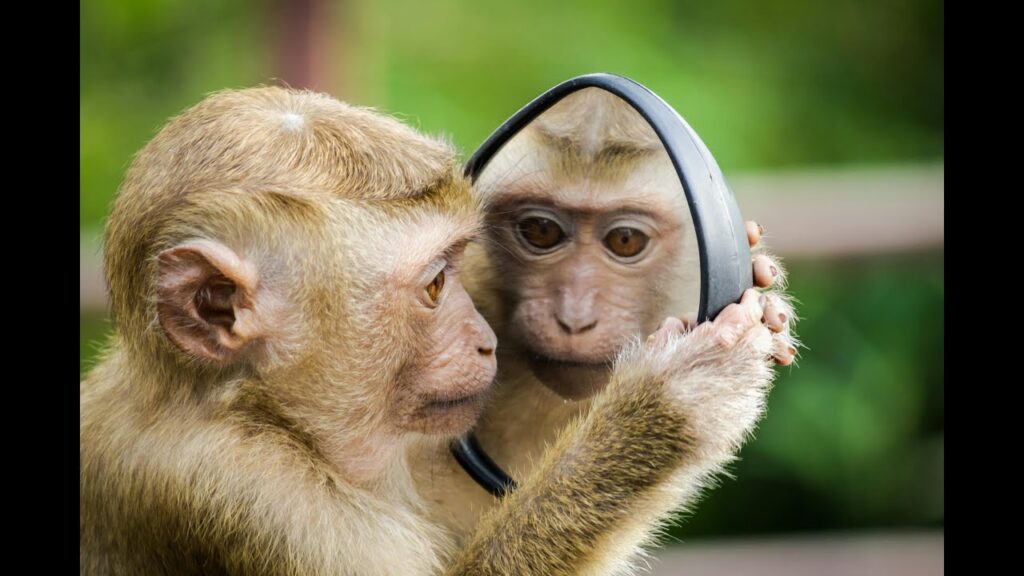
Monkeys are some of the most fascinating and intelligent animals on the planet — but how much do you really know about them? These lively, curious creatures are often seen as playful and fun, but there’s a deeper side to their world that may surprise you. Here are some amazing facts about monkeys that most people have never heard.
To begin with, did you know that monkeys have culture? In certain monkey groups, especially among capuchins and macaques, young ones learn behaviors by watching older group members. These include using tools, washing food, and even social traditions like grooming rituals or playing specific games. In Japan, a troop of macaques on Koshima Island began washing sweet potatoes before eating them — a behavior that spread through generations.
Another mind-blowing fact: monkeys can recognize themselves in mirrors. While this ability is usually associated with great apes like chimpanzees, some monkeys like rhesus macaques have shown signs of mirror self-recognition when trained. This means they’re capable of understanding that the reflection is not another monkey, but themselves — a big indicator of intelligence and self-awareness.
Monkeys are also excellent problem-solvers. In lab tests, some species have been observed planning ahead, remembering patterns, and even collaborating to achieve a goal. Capuchin monkeys, for instance, use stones to crack nuts and understand the concept of leverage. They can be incredibly patient and persistent when working through a problem — qualities you wouldn’t normally expect from an animal in the wild.
Socially, monkeys are complex. They form lifelong friendships, hold grudges, and even show signs of jealousy or compassion. In some species, mothers mourn the loss of their babies, carrying them for days or even weeks after death. This emotional depth is both touching and deeply human-like, reminding us how close we truly are in the tree of life.
Communication is another fascinating area. Monkeys don’t just make random sounds — they have calls that function like words. Vervet monkeys, for example, use specific alarm calls to warn others about different types of predators: one call for snakes, another for eagles, and a third for big cats. When one vervet calls out, the group knows exactly what kind of danger is coming and how to react.
Lastly, monkeys have distinct personalities. Some are bold, others shy. Some are leaders, others prefer to keep to themselves. Caregivers and researchers working with monkeys over time often describe them as individuals — each with likes, dislikes, moods, and quirks.
So the next time you see a monkey swinging from branch to branch or playfully grooming a friend, remember: behind those eyes is a mind that’s thoughtful, emotional, and full of surprises.


